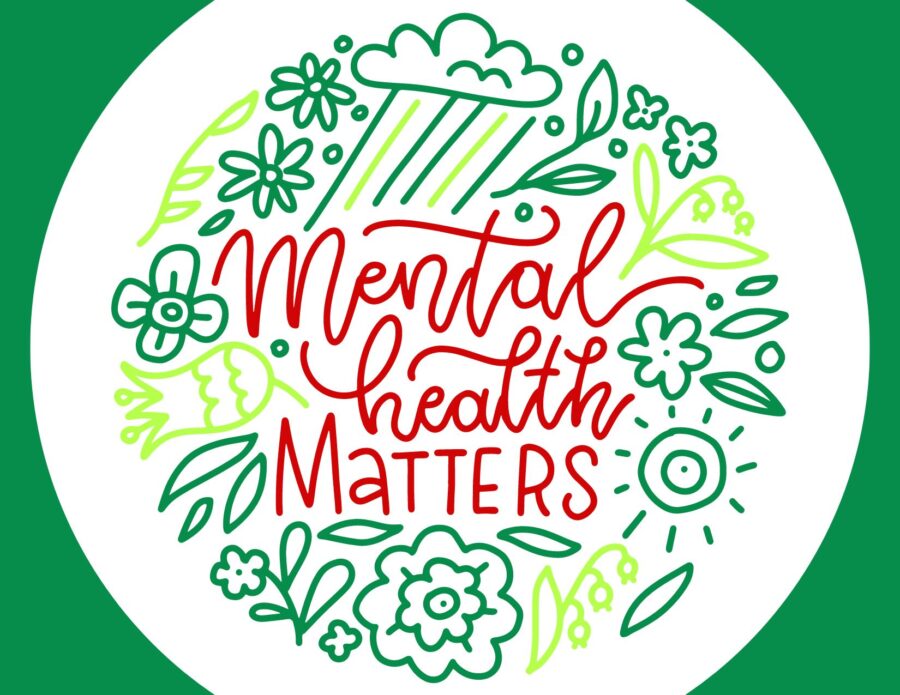There has been a lot said for mindfulness in schools. During, and especially after Covid, California schools turned to mindfulness to help students cope with stress. With the focus on the gen. ed. population, special ed students fell to the wayside. Especially students with moderate to severe disabilities. But, mindfulness can play a significant role in special education by supporting both students and educators in various ways. Here’s a look at how mindfulness can be beneficial in this context:
For Students
- Improved Focus and Attention: Mindfulness practices help students develop better concentration and attention. This can be particularly helpful for students with attention deficit disorders or those who struggle with staying on task.
- Emotional Regulation: Mindfulness can assist students in managing their emotions more effectively. This can be crucial for those with emotional and behavioral disorders, helping them to recognize and respond to their feelings in a more controlled manner.
- Stress Reduction: Mindfulness techniques can reduce stress and anxiety, which can be especially beneficial for students who experience high levels of stress or have anxiety-related conditions.
- Enhanced Self-Awareness: Through mindfulness, students can become more aware of their own thoughts, feelings, and behaviors, which can aid in self-regulation and personal growth.
- Improved Social Skills: By fostering empathy and emotional intelligence, mindfulness can help students improve their social interactions and relationships with peers.
For Educators
- Reduced Burnout: Mindfulness can help teachers manage stress and prevent burnout by providing tools for self-care and stress management.
- Enhanced Emotional Resilience: Practicing mindfulness can improve educators’ emotional resilience, helping them to stay calm and composed in challenging situations.
- Better Classroom Management: Mindfulness can aid in creating a more peaceful and focused classroom environment, improving overall classroom management and reducing disruptive behaviors.
- Improved Teacher-Student Relationships: When teachers practice mindfulness, they may become more attuned to their students’ needs and more empathetic, enhancing their relationships with students.
- Increased Patience and Understanding: Mindfulness can help educators approach each situation with greater patience and understanding, which is crucial in special education settings.
Practical Implementation
- Mindfulness Exercises: Incorporating simple mindfulness exercises, such as deep breathing or guided imagery, into the daily routine can be effective. These exercises can be adapted to suit the needs and abilities of individual students.
- Mindfulness-Based Programs: Schools can implement structured mindfulness programs or curriculums specifically designed for special education settings.
- Professional Development: Training for educators in mindfulness techniques can provide them with the skills needed to integrate mindfulness into their teaching practices.
- Family Involvement: Educating families about mindfulness and encouraging them to practice at home can extend the benefits beyond the classroom.
Incorporating mindfulness into special education can contribute to a more supportive and effective learning environment, benefiting both students and educators alike.



